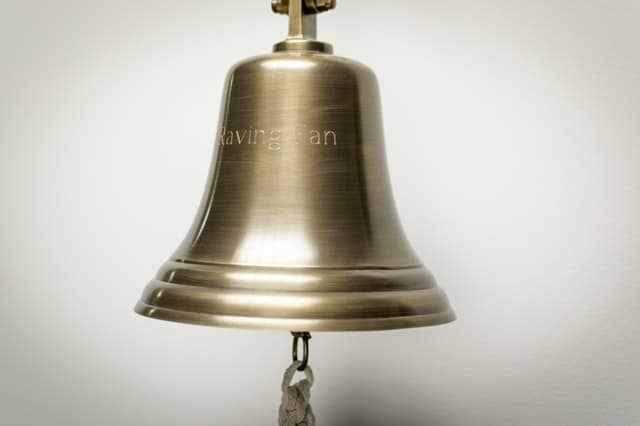February 5-11 is Tinnitus Week. For the second year, the American Tinnitus Association has joined forces with the British Tinnitus Association, Tinnitus Research Initiative and TinnitusHub to help raise global awareness of tinnitus and how it impacts millions around the world.
Your hearing loss specialists at House Clinic are proud to be part of the solution by helping treat those in the Los Angeles area with tinnitus.
What is Tinnitus?

Tinnitus is the sensation of hearing a sound in your ear when no noise is actually present. Some hear these sounds constantly while others only experience them sporadically. The sound can be present in one or both ears and can vary in frequency and pitch. Since tinnitus is typically a symptom of an underlying condition or a side effect, it is quite common; almost 20 percent of the population reports some degree of tinnitus.
In addition to hearing sounds, those with tinnitus often also experience:
- Fatigue
- Sleep problems
- Memory problems
- Depression
- Anxiety
What Causes Tinnitus?
There are two kinds of tinnitus: subjective and objective. The most common type is called subjective; it is a ringing only you can hear. The second and much rarer type of tinnitus is objective. This occurs when your doctor can actually hear the ringing during an examination.
The most common cause of tinnitus is damage to the inner ear. The inner ear is lined with small hairs. Sound waves cause these hairs to move. The movement of the hairs causes an electrical signal to be sent through the auditory nerve to your brain where it is interpreted as sound. If these hairs become damaged they can begin to randomly send electrical impulses. These signals are interpreted by your brain as a ringing, buzzing, roaring, clicking or hissing. Age-related hearing loss, exposure to loud noise and earwax blockage are all common causes of inner ear damage.
In addition to inner ear damage, tinnitus is also a common side effect of some disorders, such as:
- Ménière’s disease
- Temporomandibular joint and muscle disorders (TMJ disorders)
- A head or neck injury
- Acoustic neuroma
- A noncancerous tumor that develops on the nerve that runs from your brain to your inner ear
- Blood vessel disorders
- Atherosclerosis
- High blood pressure
- A head or neck tumor
- Irregular blood flow
There are more than 200 drugs known to list tinnitus as a side effect. Fortunately, the symptoms will disappear when you stop using the drug. These drugs range from cancer medications to water pills, quinine medications, some antibiotics and certain antidepressants.
Help us spread the word and raise global awareness of tinnitus by sharing this blog and using the hashtag #TinnitusWeek when talking about this event online.
For more information on tinnitus, contact your Los Angeles audiologist today.